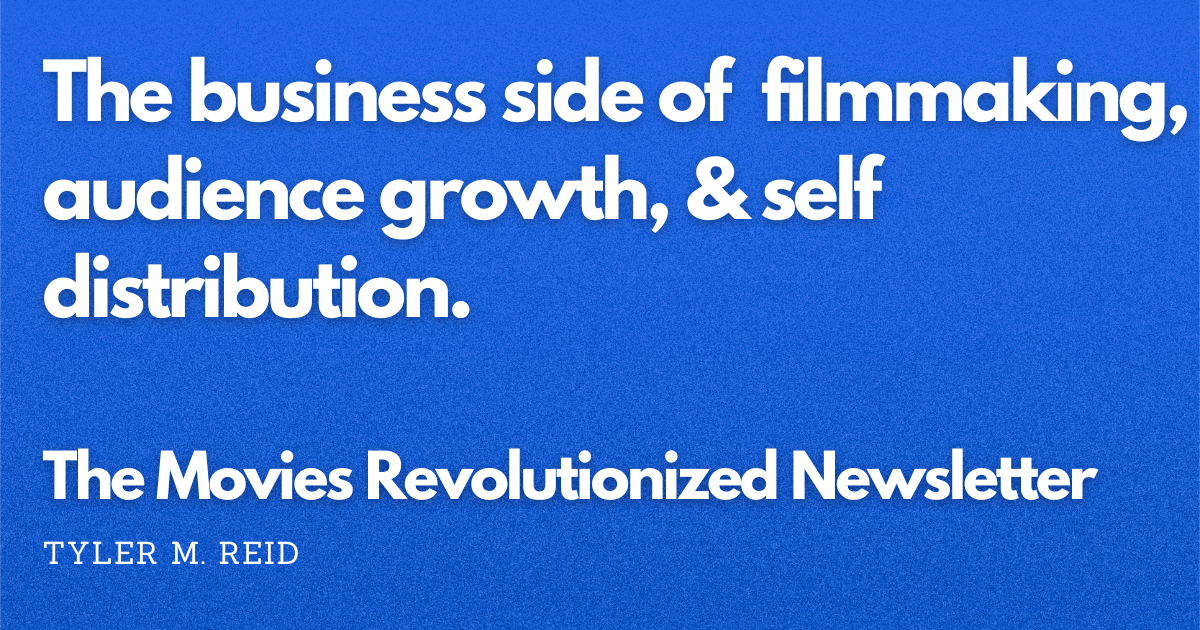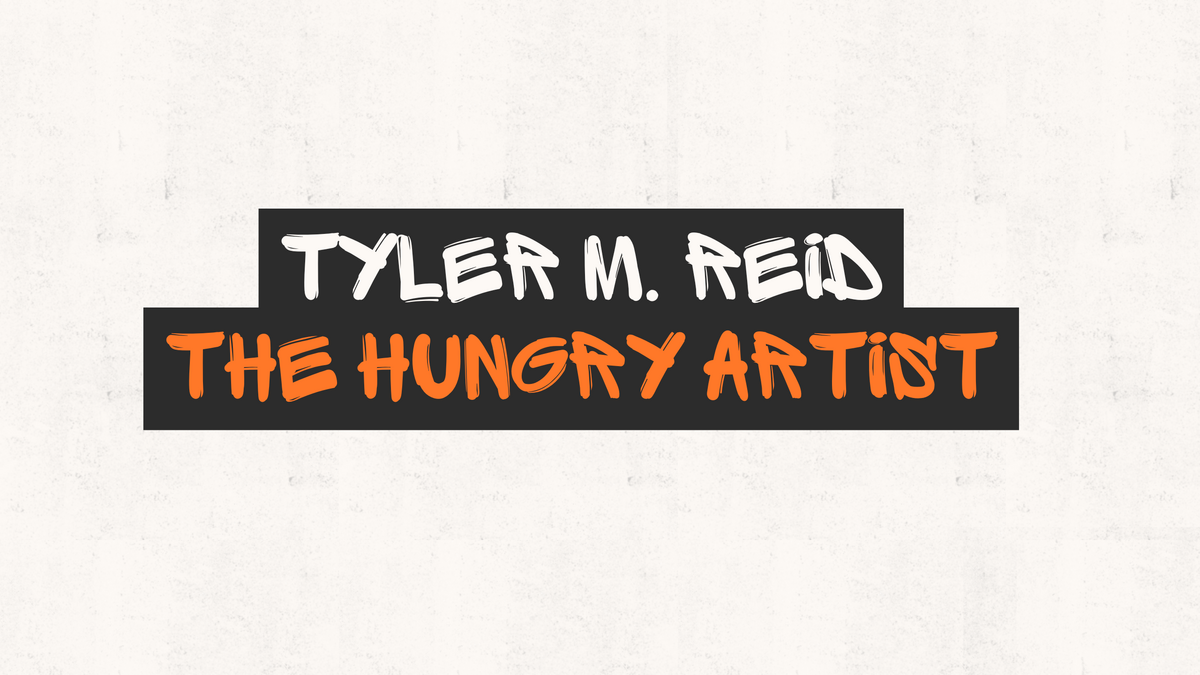My own production manager history
I accidentally fell into production management, like many points of my career, it came from pivoting and previous other experience. I’m not going to dive into the full backstory, but when I moved to Sweden I was looking for new opportunities in the film world and because of my previous experiences, production manager sort of “appeared” before me and I ran with it. For me, it was a great blend of logistics built on the backbone of creative knowledge.
The number one thing I learned as a production manager, it was the same for a $1,000,000 budget film or a $5,000,000 budget film, is that every department and thus department head’s problems come from needing a logistical solution to their creative needs. This is even more prevalent on indie films, because money can’t be thrown at a problem to solve it. The bigger the budget, the more you are able to throw money at a problem to create a solution. With indie budgets, the solution comes from creative problem solving with as little money as possible.
Many of you may be thinking: well shit, I wish I had a $1,000,000 budget right now, that would solve all kinds of problems.
But, like nearly everyone, it didn’t start at that level. Though I wasn’t a production manager, I was always trying to be a producer that wore every hat and I learned to solve problems on the smallest of budgets.
The Make-or-Break Decision
Let's be crystal clear about something: You can't make your first feature without a solid production manager.
You can do this yourself with those budgets less than $100,000 but once you get above the micro level and start getting into low indie and mid indie level, how that money is spent needs to be thought about more seriously.
Ultimately, that is what a production manager is doing, especially on those levels, every single decision will come back to how it is affecting a budget. Honestly, I wish I had had the insight to hire someone, even if just to assist me in that role, before I officially had that role.
When you get into those bigger budgets, when you have that investor money, when you worked your ass off to raise money from crowdfunding. You want a real production manager.
Not your friend who helped on a couple of shorts. Not someone learning the ropes alongside you. You need someone who's been in the trenches, someone who's done this times before and knows how to read pitfalls on the path ahead.
I've watched too many passionate filmmakers stumble here. They try to handle everything themselves, thinking they're saving money. Instead, they end up bleeding resources through:
Unrealistic schedules that collapse under pressure
Crew gaps they never saw coming
Budgets that evaporate in all the wrong places
It can sometimes be hard to see in excitement of making an indie film, but from day one of pre-production to the final day of post, you are spending money every single day.
The goal is to spend as little money as possible. Even when you have contingency built into the budget, that money can run out, even before the film wraps production.
What a Great PM Actually Does
Let’s break this down a bit more of the sort of definition of a production manager in a simple bullet point fashion.
Breaking down your script page by page
Building schedules that should work (to be passed on to the 1st A.D.)
Creating budgets based on real numbers, not wishful thinking
Hiring the right crew at the right time
Managing the complex web of contracts
Booking equipment that fits your vision and budget
Coordinating locations before problems arise
All those things are very logistical which is the antithesis of what I said at the beginning of this article about how important creative knowledge can be for a production manager. So many problems that arise after all the initial bullet point tasks above have been completed, usually involve decisions with the creatives on their creative decisions. The art department may need something specific but it’s too costly. Is there a creative solution you can present to them. Maybe the director wants something specific, but again, its too costly, is there a way to get the creative solution by spending less money. This doesn’t mean you are trying to negotiate a compromise, it is thinking like a creatives, that will give them what they want but while staying within the budget.
This is a very important skill for micro and low indie budget films because there isn’t money to throw at a solution. The solution has to be creative problem solving.
The biggest struggle I had was getting all the right documents in place. Luckily I did take some courses on film and tv contracts during my studies, but I had to cobble together a lot of documents and that became very costly. That is the main reason I put together this filmmaker package, so that filmmakers had access to a good handful of templates they need without having to spend too much money
The Investment Perspective
Money vanishes quickly. The key is making sure it vanishes into the right places.
A professional PM typically costs between 5-10% of your total budget. Yes, that's significant, but in the reality, they'll likely save you double that amount by preventing costly mistakes and inefficiencies or even coming up with cost saving creative decisions.
Finding Your Perfect Match
You want to make sure you find a production manager that fits within your film. This is not about genre, but more about budget, scheduling, logistics. From the beginning you will probably know how much you have to spend, roughly what your schedule is, your number of cast and maybe even number of crew. You want to find someone comfortable in those areas. When evaluating production managers, look beyond just IMDb credits. Here are things you can think about:
Budget Range Experience
Someone who's only handled $10M studio films might struggle with your $100K independent feature
Look for PMs who've worked with budgets similar to yours. When someone has spent many years have larger budgets to help problem solve, it can sometimes be difficult to go back and thinking about solutions to problems that cost $0.
Local Knowledge
They should know your film scene inside and out
Established relationships with rental houses, crew, and film offices are invaluable. This is where a lot of that money saving can come in.
Pressure & Kindness
As long as the budget allows, I always like to have an assistant under me, so that I can teach them. The biggest thing I try to teach is kindness. Indie films can be very stressful and on those hard days, not only will the kindness help you, but it lifts crew morale, which can make the day just a little easier. A happier crew also works more effectively, and an effective crew is a more cost saving crew.
The PM’s job is stressful and full of pressure. Along with all the other department heads, but department heads will also go to the PM with their problems to help them be solved. Don’t let your pressure spill over on them even if their pressure is spilling over on you.
Making the Approach
Ready to find your PM? Here's your prep checklist:
Complete script
Approximate budget range
Tentative timeline
Clear communication about your experience level
Pro tip: Good production managers often enjoy working with first time directors who show they're serious about learning. Be upfront about your experience, but demonstrate your commitment to doing things right. A PM will teach you a whole lot about your own movie.
The Bottom Line
Making your first feature is challenging enough. Every decision you make either moves you closer to success or adds unnecessary obstacles. An experienced production manager isn't just another crew member, they're your strategic partner in turning your creative vision into reality.
Remember: You're not just hiring a production manager. You're buying peace of mind and the freedom to focus on what really matters: making your film.
There are two ways I can help you.
I give away a free bundle with example pitches, templates, and interactive budgets that you can grab right here.
If you are on your journey to make your first short film, documentary, or even micro budget feature, this course is designed to help you find money, grow your audience, and earn an income.
/

